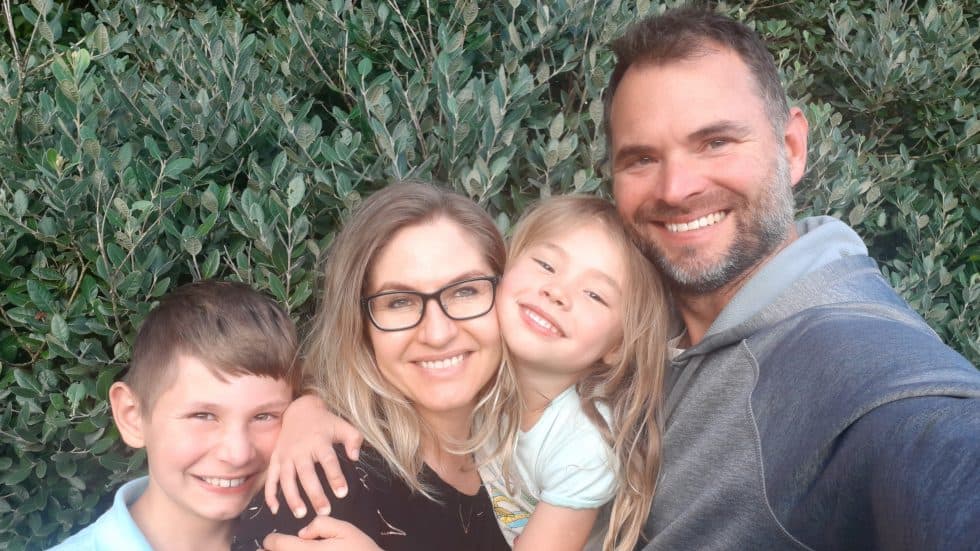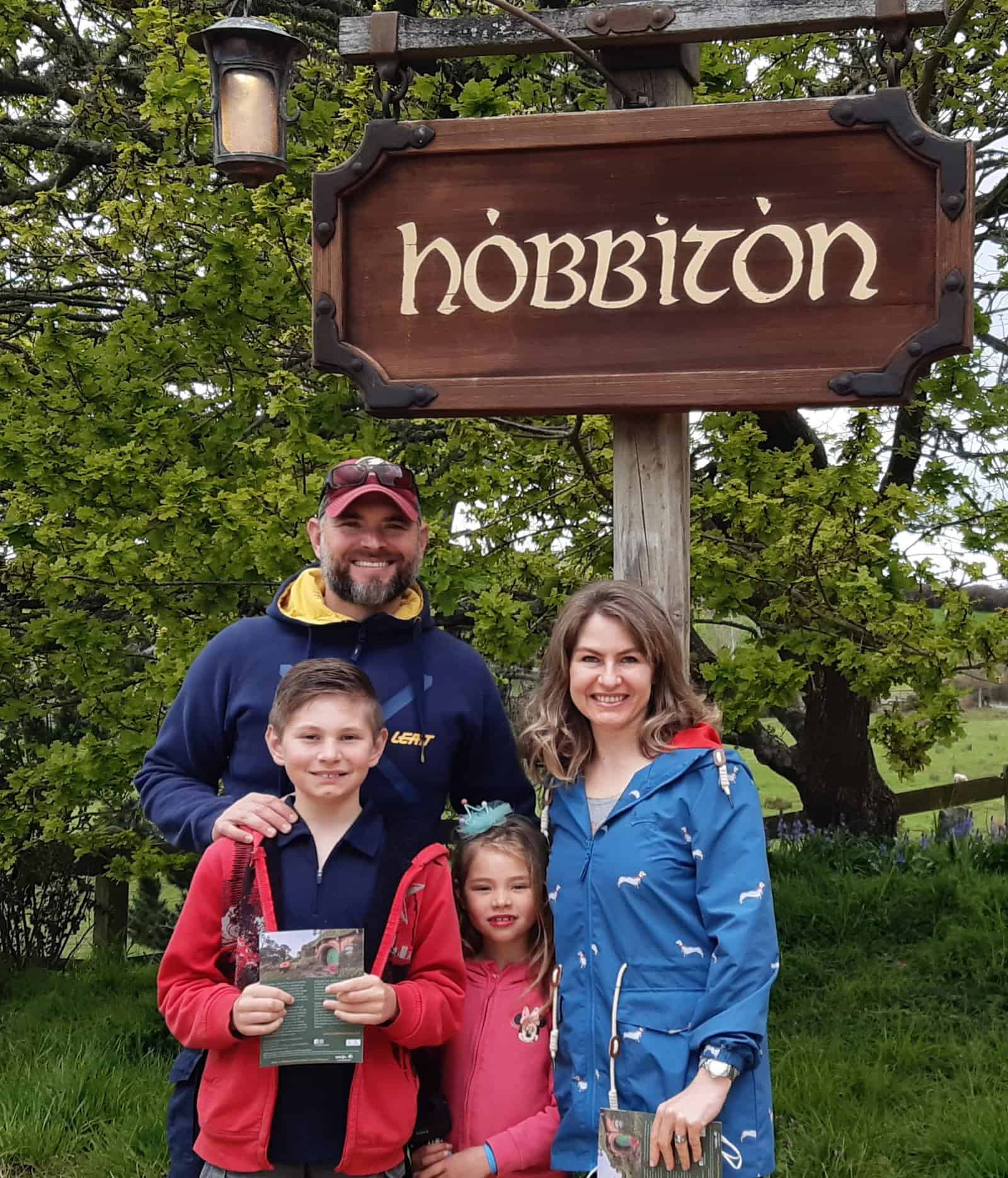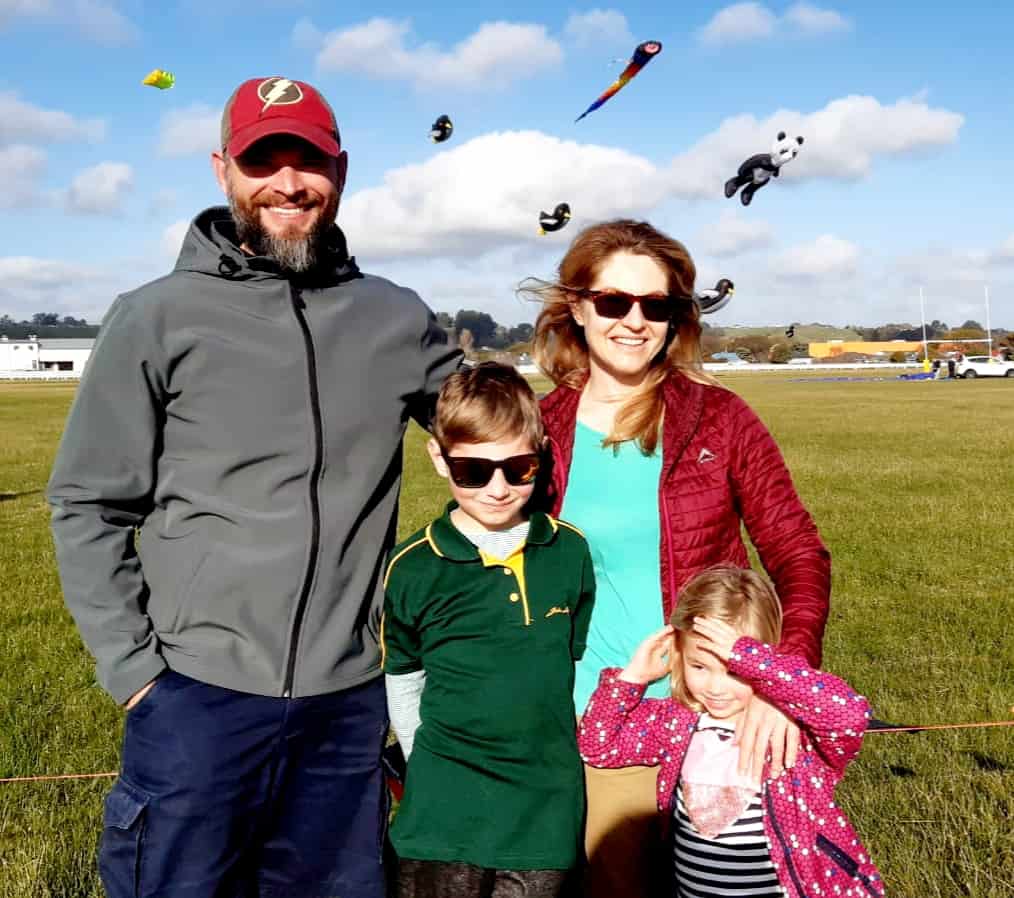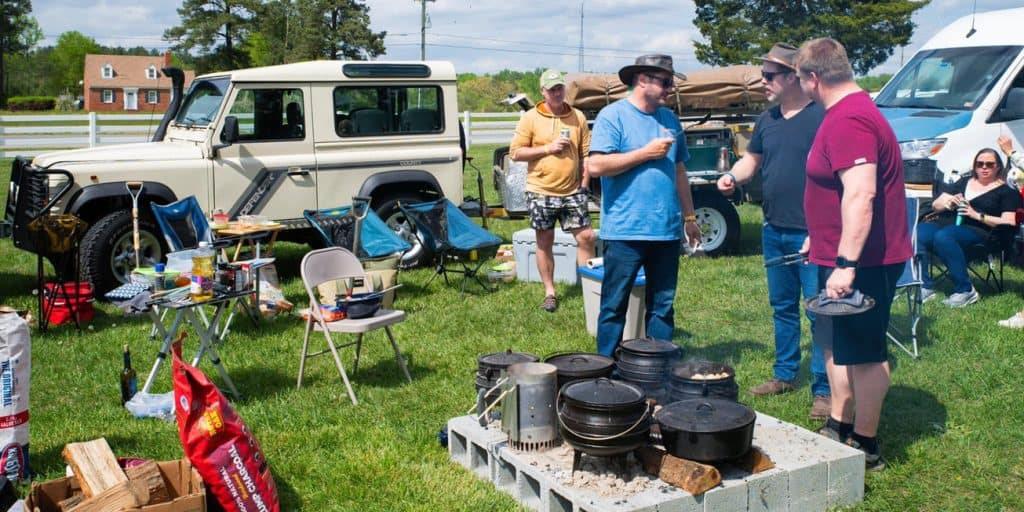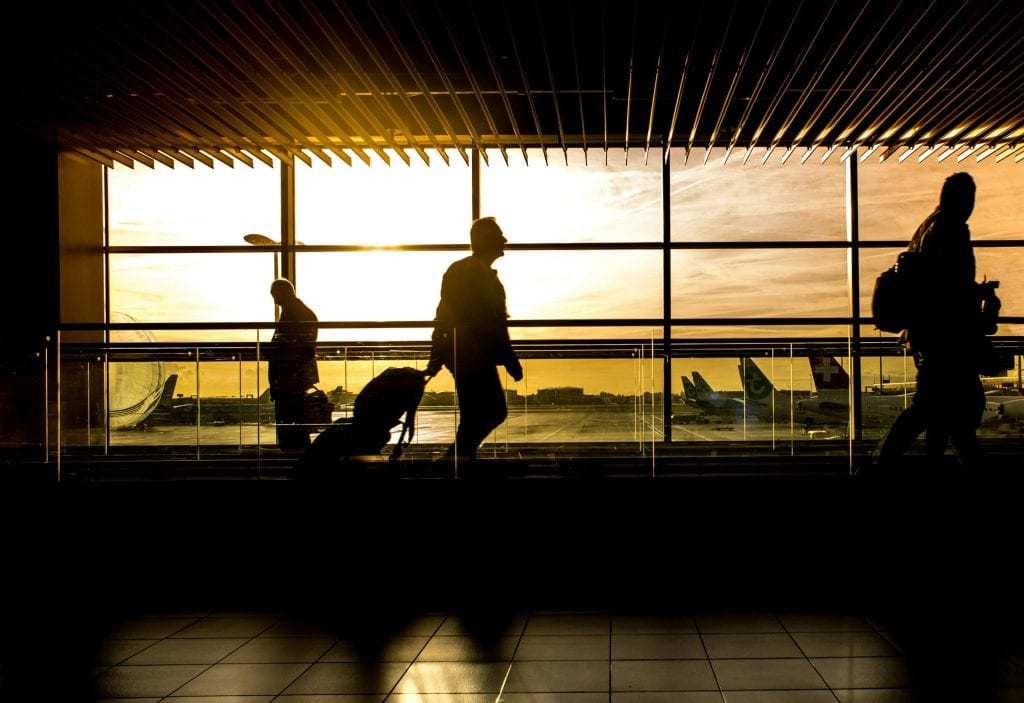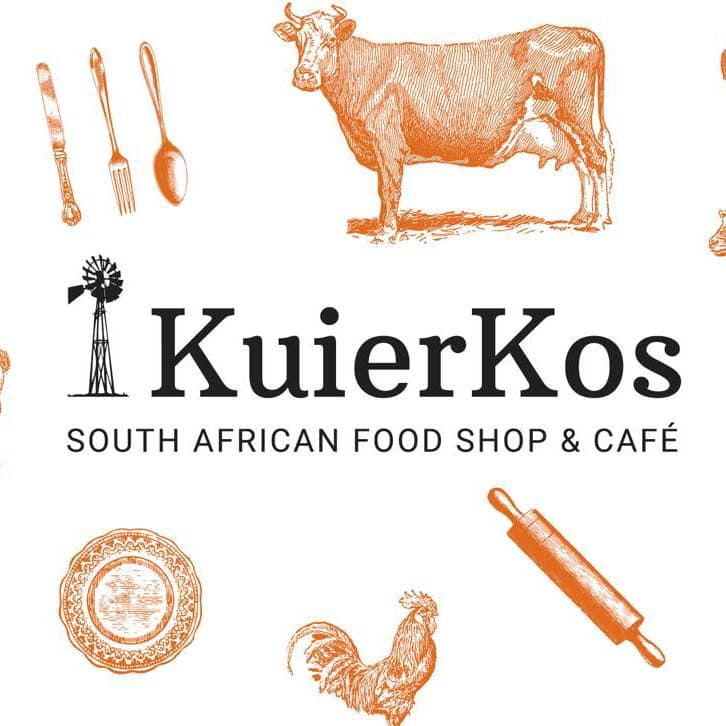By Sumari Potgieter
Our family’s journey started on 3 November 2018 when we got on a plane in Johannesburg late one evening. We traveled to New Zealand via Dubai and landed in Auckland on 3 November after the detour. It was our first introduction to Aotearoa. We were completely drained by the journey and the time difference and went through the motions as if in a dream: customs, baggage, rental car, SIM card, money exchange. We went straight to friends and stayed with them for a few days to find our feet, after departing for our new home: Whanganui on the west coast of the Northern Island.
We went over on my visa and I started my new job as a state veterinarian shortly after. My husband looked after the children and we decided to have them start school despite the fact that it was late in the year. Our children were 3 and 7 years old back then. We also joined a church as soon as we got there and my husband helped with the sports teams.
We reached out to the local South African community and were showered with hospitality. We purposefully decided to wiggle our way in everywhere we could – we realised early on that nobody was going to come knocking on our door and looking for us if we didn’t make an effort from our side.
Some days were very rough. My new position meant that I had to work night shifts and work away from home, we stayed in a motel room and afterwards moved into a tiny house – everything and everyone were new and strange. There were days that we wished we would wake up and find out it had all been a dream, and then there were days we were so thankful for getting this far and we couldn’t get enough of the adventure. We learned to ride the “roller coaster” and to admit when we were having a bad day.
We learned about black basalt beaches that glint in the sun and burn like red-hot coals, lovely museums, Anzac, and a fiery pride, “sausage sizzles”: (do not get excited about New Zealand cuisine!), four seasons in a day and the wonderful Kiwi accent. In many ways, New Zealand felt familiar – the shared British heritage, a love for agriculture, outdoor life, camping, adventure and rugby. There was even an old canon from the Anglo Boer War in the local war museum.
After a year, due to my job, we had to move to Matamata, a small town in the Waikato district. We were very sad when we had to say goodbye to Whanganui – to this day it is still a special place for us.
Adjusting in Matamata was harder. The many changes took its toll and we didn’t feel like going through so much trouble with the whole process all over again. We were emotionally and socially exhausted. Then COVID-19 happened, which made it even more difficult to gain momentum. We were however very thankful that we were able to rent a property on a farm. We felt we were living the Kiwi dream: in the afternoons we walked to the milking shed in our gumboots and poured fresh, ice-cold milk from the tap. We were surrounded by soft green hills, the children could ride their bikes care-free, we slept with open windows to curb the heat (New Zealand can get very hot), we walked to get our mail from the post box at the main road. There were more stars in the night sky than I had seen in a long time.
My friend and I decided to get the South Africans together. We got the women together for socials, we arranged a Christmas spit braai and saw to it that new residents were welcomed and included. We acknowledged that we were each others’ adoptive families and that we needed to be there for each other.
We really enjoy New Zealand and so far the country has been very good to us. My husband and I often joke, saying that it feels as if we landed in the 1980s: we get mail in our mailbox daily (my credit card was in there for a few days, safely), there is a low wall in front of our house and the motor gate has long since been removed, there are no burglar bars, we walk to the shops, the children ride their bikes to their friends, we spend hours at the local swimming pool, often visit the library, and the children walk to the corner café to buy sweets.
It is also important not to tell our story through rose-coloured lenses. Somebody broke into our garage and stole my husband’s motorbike – criminals and chancers are found all around the world. We miss the discipline in the South African schools and we miss the Christian values that were the norm in South Africa. I miss South Africa’s beautiful scenery and its diversity. I miss my language, and my people. Most of all, we miss our family. It is sad that the grandparents cannot be there to see their grandchildren grow up. We Facetime as often as we can, but the time difference and slow internet sometimes make it difficult. There will forever be a longing and a raw corner in my heart. I miss the cleaning lady and garden worker who used to work for us. It is back-breaking work to do everything yourself! At first, we couldn’t understand why the Kiwis’ houses were not as clean and neat as we were used to, but after three years we finally learned to relax and realise that we cannot constantly vacuum and do the dishes, that sometimes people just have to accept you for who you are. It was not easy to exchange roles and be the breadwinner, and the novelty of being a houseman quickly wore off. My husband struggled to find employment – the job market is different from what we are used to, and an industrial engineer is an unknown phenomenon here. He made biltong, droëwors and boerewors for an extra income, cleaned pools and serviced milk machines. Something else that I have to mention is the sheer volume of paperwork involved – there is a mountain of paperwork and forms and admin in order to get settled as a citizen in a new country!
What carries us through all these times, are our faith, our absolute conviction that we made the right decision, our wonderful local South African community, and humour. The support and prayers from our parents are also powerful.
We decided to regard this journey as an adventure and we are curious about and interested in our new town, district and country. We try to be open-minded and be more receptive towards people who are different from us. We are working hard to make up the lost years – to start from scratch with a pension plan, start at the lowest step on the property ladder, restart our careers and fostering new friendships. We believe this experience will turn us into better, more well-rounded and balanced individuals. We also know that we are in this world, but not from this world and that our true eternal home awaits us.
Share on
Latest articles



